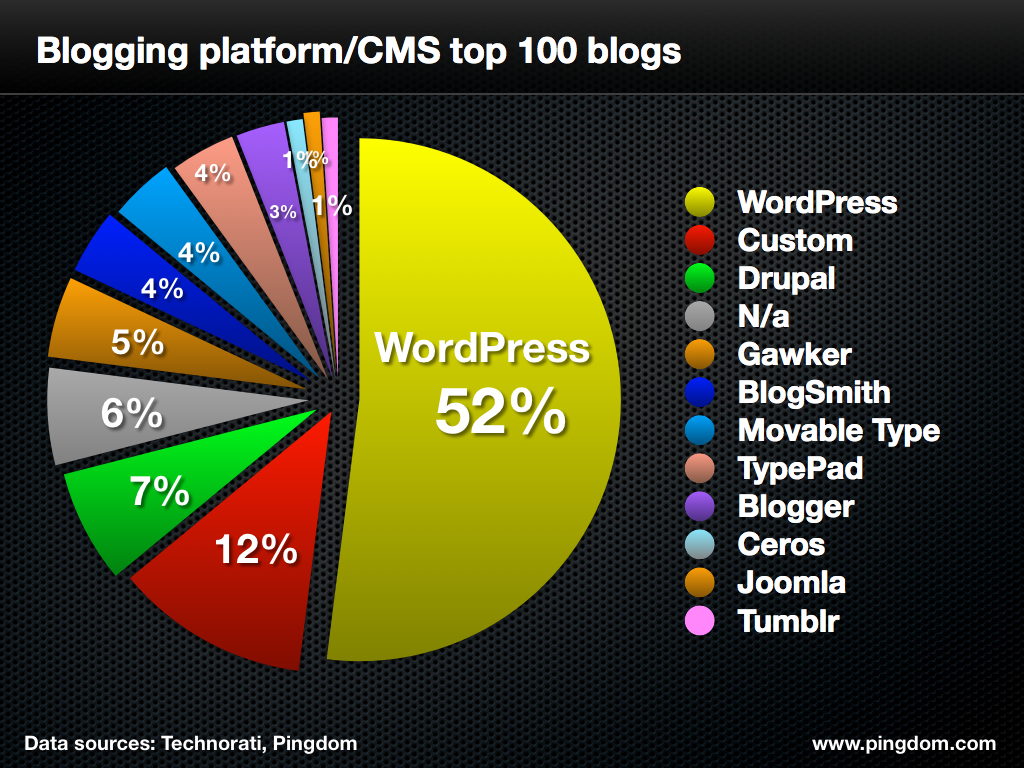The Evolution of Blogs – Everything You Need to Know

Table of Contents
- The History of Blogging: A Timeline
- Key Takeaways
- Conclusion
- FAQs
Although blogging has been around for just 20 years, it has transformed from a hobby idea to a successful career and even full-fledged businesses for many. In this quick read, we look at the evolution of blogs and what the future holds for the online writer community.
The History of Blogging: A Timeline
1994: The first-ever blog
Pinpointing the exact date of birth for blogging is a bit tricky. After all, the idea of sharing thoughts and ideas is only human nature. However, there is some consensus that links.net is the first blog. In 1994, then 19-year-old Justin Hall started to publish details about his life on the site. He would collect interesting websites he’d come across and write a snippet or two about why he liked them.
1997: The word “blog” was coined
Although we now use the term “blog,” it actually originated as “weblog.” Weblog is exactly as it sounds, a log or journal of records/thoughts published on the web.
Early American blogger John Barger is credited for the term. In 1999, Peter Merholz shortened the word to the catchy and much more popular term “blog.”

1998: The launch of the first blogging platform
Although blogging was slowly getting popular, it wasn’t truly accessible to everyone. Only those who knew how to code could start their own blogging websites. Debuting in 1998, Open Diary was the first blogging platform that allowed members of the public to start their own blogs without having to code. Live Journal and Blogger were other popular sites for blogging. Note that these sites charged a small fee from bloggers to publish content on their site.
2002: Google launched AdSense
By the early 2000s, the Internet saw a barrage of new bloggers. There was also a monetary incentive to start blogging as Google launched AdSense, allowing bloggers to advertise.
The year 2002 also saw the rise of mommy bloggers who shared their everyday lifestyle on the Internet.
2003: The WordPress revolution
In the brief history of blogging, open-source website building platform WordPress was a game-changer for the non-coding writer community. Users were able to publish interactive content with ease using plug-ins. To this day, WordPress is the platform of choice for 36.9% of the Internet and more than 50% of bloggers.

2006: The rise of Internet journalism
One of the most significant advances in blogging history can be documented through the rise of news-like platforms such as Huffington Post and Buzzfeed. Although not noted for their credibility, the two platforms built their blogs and articles to appear as news headlines. They also taught their writers how to frame content that was share-worthy and had higher potential for virality.

At its peak, the site hosted write-ups of more than 100,000+ bloggers. This era in the history of blogging paved the way for a larger conversation around the distinction between blogging and journalism. While the sites have taken a significant chunk of readers from traditional news organizations, there’s no doubt that they know how to turn the art of writing into profitable online enterprises.
2007: Microblogging makes headlines
Parallel to the news revolution, there were larger conversations around the length of blogs and how long it usually takes readers to go through an entire piece. Suggestions that 300-400 words were the ideal length were floated. Although that’s pretty short by today’s standards, it meant that there was a place for short-form content. In 2007, Twitter, which had a 140-character limit on writeups, went viral. The new era of blogging, microblogging, became a huge success.
Key Takeaways
- You don’t need to know how to code to become a successful blogger anymore.
- Platforms like Blogger and Medium continue to thrive, although they are less significant now.
- Learning the basics of WordPress can help you leverage the potential for interactive content.
- Learning how to write content that goes viral is essential!
- Blogging continues to provide significant earning potential. However, as the ever-changing algorithms of social media, SEO rules will continue to change. It’s necessary to keep updated with the latest trends to succeed as a blogger.
Conclusion
Although HuffPost and BuzzFeed are the first that come to mind when you think of successful blogging ventures, there are many more untold success stories on the Internet. For example, take a look at Ann Reardon, who started howtocookthat.net simply because she needed a side-project to keep her awake while taking care of her child during night feeds. Today, she’s a published author who’s made it to Australia’s bestseller list and has over 6 million followers on YouTube.

(Source: howtocookthat.net)
The evolution of blogs clearly indicates that all you need is a passionate hobby to carve yourself a niche on the Internet!
FAQs
1. Visual content
2. Affiliate marketing
3. Critical readers
4. Mobile-first
5. Reading time
Blogging allows companies and the general public to easily share significant stories or just everyday experiences. The rise of affiliate marketing has allowed bloggers to advertise products on their sites and earn a side income.
Here’s how companies and marketing professionals can benefit from blogging. But in a nutshell,
1. Drives website traffic.
2. It can be repurposed for social media.
3. Traffic can convert into leads.
4. It drives long-term results.
5. It helps with link building.
The first blog, links.net, was created by Justin Hall. It was a collection of popular websites that he liked on the internet.
Blogs are broadly categorized as,
1. Personal blogs
2. Business blogs
3. Affiliate blogs
4. Niche blogs
5. News blogs
Read more here.
WordPress, Medium, and Blogger are among the most popular platforms for starting your own blog.
Latest Blogs
Learn how to rank on AI search engines like ChatGPT, Perplexity, and Gemini by optimizing your content for authority, structure, and relevance. Stay ahead in AI-driven search with this strategic guide.
Explore the best healthcare SEO services for your medical practice. Improve online visibility and effectively reach more patients in need of your services.
Discover top social media agencies specializing in banking solutions, enhancing financial services and driving engagement.
Get your hands on the latest news!
Similar Posts

Artificial Intelligence
5 mins read
Top AI Blog Writing Tools for Website Monetization

Blogging
10 mins read
How to Start a Successful Food Blog in 2022

Blogging
4 mins read